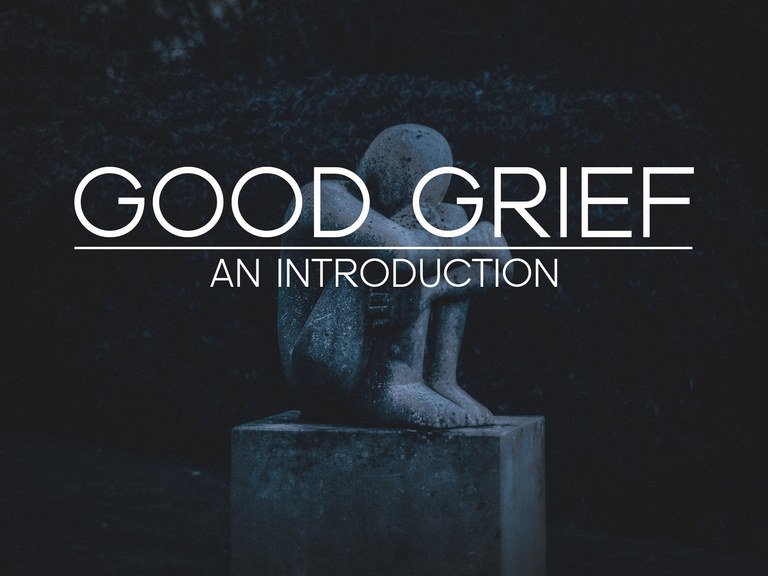
I've read about grief and have always counted my blessings at having never experienced it in its truest form. I can't even really recall knowing anyone who has ever experienced it in its truest form. I don't say this flippantly - I really do feel blessed at having been spared the emotions of grief. I've heard of the stages of grief and how people move through them, one after the other, neatly, until they reach the end and are suddenly released to continue as if nothing had happened in the first place. I've gathered that once someone has made it through grief, they are as unscathed as they were before being stricken by it originally, and that they never think about the cause again because they are suddenly, miraculously, healed and it is impossible for it to get ahold of them again.
It would be nice if this were the case. That grief could be so compartmentalised. That once the final stage has been reached, one just passed through it and into nothing but happiness once again. But the truth is, it's not as clear cut as that. It's not neatly segmented. And I had been spared understanding this.
Until nearly two years ago, my opening sentence rang true. My only understanding of grief came from a book. While I knew about it my knowledge was purely academic. I didn't understand it. Because while academically obtained information is great for knowledge, it doesn't hold a light to experience. It won't help someone develop the empathy that comes with understanding. But I get it now. My understanding of grief has matured and I now have a glimmer of a smidgen of an idea of how grief works and what it can do.
I wasn't aware that I'd entered the grieving process until recently, when I began to emerge from it. I'd been told, early on, that the news I'd received would trigger grief, but at the time, I didn't believe it. After all, grief is a process triggered by loss, and I hadn't lost anything. However, loss doesn't need to be physical to generate great impact.
Having spent the past couple of years traversing my own grief path many of the ideas that I knew only in the academic sense are now a reality. And what I've learned from them is that grief is a very private journey and that there are very likely no two journeys that are the same. Just like every fingerprint is unique to its owner, so too is the grieving process. It belongs to the individual. Their journey through grief will not look like anyone else's.
Regardless of whether you subscribe to the five or seven stages of grief theory, you'll find that nobody moves through them the same. While one person might advance in a linear motion, moving from one to the other, another will follow through in a much more erratic manner, jumping from stage three to seven to one, before going back to three, again. There is no right way to grieve. Some people will want to talk about it, while others will want to remain silent. Some may know that they are grieving, while others, such as myself, will only really understand what they have been going through in retrospect. Some may feel foolish for being so vulnerable, but I think that at the end of the day, learning to understand that every experience is different will help us all to be empathetic to the grieving individual and give us the ability to help them by meeting them where they're at.
At the moment, I can't see how unbridled grief ever leaves someone, in fact, I'm not sure it ever does, but I do suspect that over time, people develop mechanisms for coping better. They learn how to manage it and not be managed by it. I also suspect that there are some who never recover from it, who are crippled by it and struggle to ever regain the functionality they had before the event that caused the onset.
My experience has left me burdened. But in a good way. It has left me with a desire to see others develop the same understanding of grief that I now have, but not in an academic sense. Rather, to learn about it from a personal viewpoint where knowledge is fused with understanding. Where a clinical textbook definition is replaced with an anecdote derived from experience.
Header image source - K. Mitch Hodge via Unsplash.



